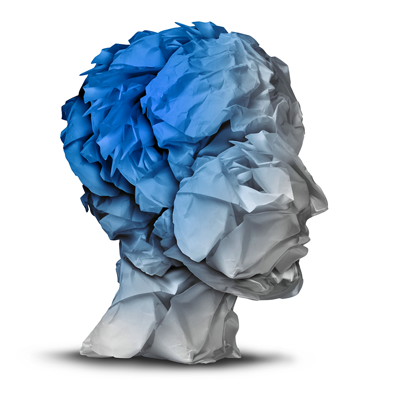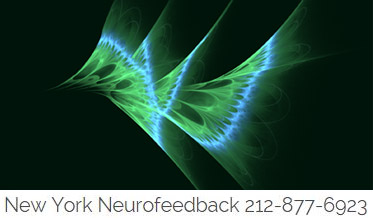-
Emotions and the Brain
- Posted on October 25, 2016
- by Catherine Boyer
- in NeurOptimal®, New York Neurofeedback, The Brain
- Comments Off on Emotions and the Brain
 Recent neuroscience research indicates that, contrary to prior and popular belief, no one brain region is dedicated to any single emotion. As is true of many brain functions, emotions activate more than one area of the brain. This interesting research is described well in a New York Times article by Lisa Feldman Barrett, Professor of Psychology at Northeastern University.
Recent neuroscience research indicates that, contrary to prior and popular belief, no one brain region is dedicated to any single emotion. As is true of many brain functions, emotions activate more than one area of the brain. This interesting research is described well in a New York Times article by Lisa Feldman Barrett, Professor of Psychology at Northeastern University.Emotions and the brain
What Emotions Are (and Aren’t) is the title of the article. Dr. Barrett suggests that asking where the brain creates an experience is a less useful question than asking how it does it. Rather than any one area being responsible for fear, for example, or anger, those emotions are a collaboration by more than one area of the brain.
- “How does the brain construct these incredible experiences?” is the last line of the article, a challenge to researchers and other interested parties to question differently.
So, emotions and the brain – what does this have to do with NeurOptimal® Dynamical Neurofeedback®?
 NeurOptimal® trains the brain globally, which means that we don’t need to know which specific areas of the brain to train. For example, if stress management is your problem, that will get trained however it is produced by the brain. Loss of perspective, low self-esteem, performance anxiety and other emotional reactivity that people struggle with will be trained, however they manifest in the individual. Your brain will get to see how it is operating and use what it learns to optimize itself.
NeurOptimal® trains the brain globally, which means that we don’t need to know which specific areas of the brain to train. For example, if stress management is your problem, that will get trained however it is produced by the brain. Loss of perspective, low self-esteem, performance anxiety and other emotional reactivity that people struggle with will be trained, however they manifest in the individual. Your brain will get to see how it is operating and use what it learns to optimize itself.The results are typically very, very positive.
Also important is that, because it’s the individual brain that is implementing change in the order and pace that is right for the individual, NeurOptimal® is virtually side effect free. Other neurofeedback systems are typically side effect prone.
Emotions are a key part of how we navigate life, how we express ourselves. It’s very rewarding work, seeing people become more comfortable with and more masterful with their own emotions. If this resonates for you, please contact me. If you aren’t local, I’ll help you look for a NeurOptimal® trainer close to you.
Catherine Boyer, MA, LCSW-R
New York Neurofeedback
If you enjoyed this article please consider sharing it!





